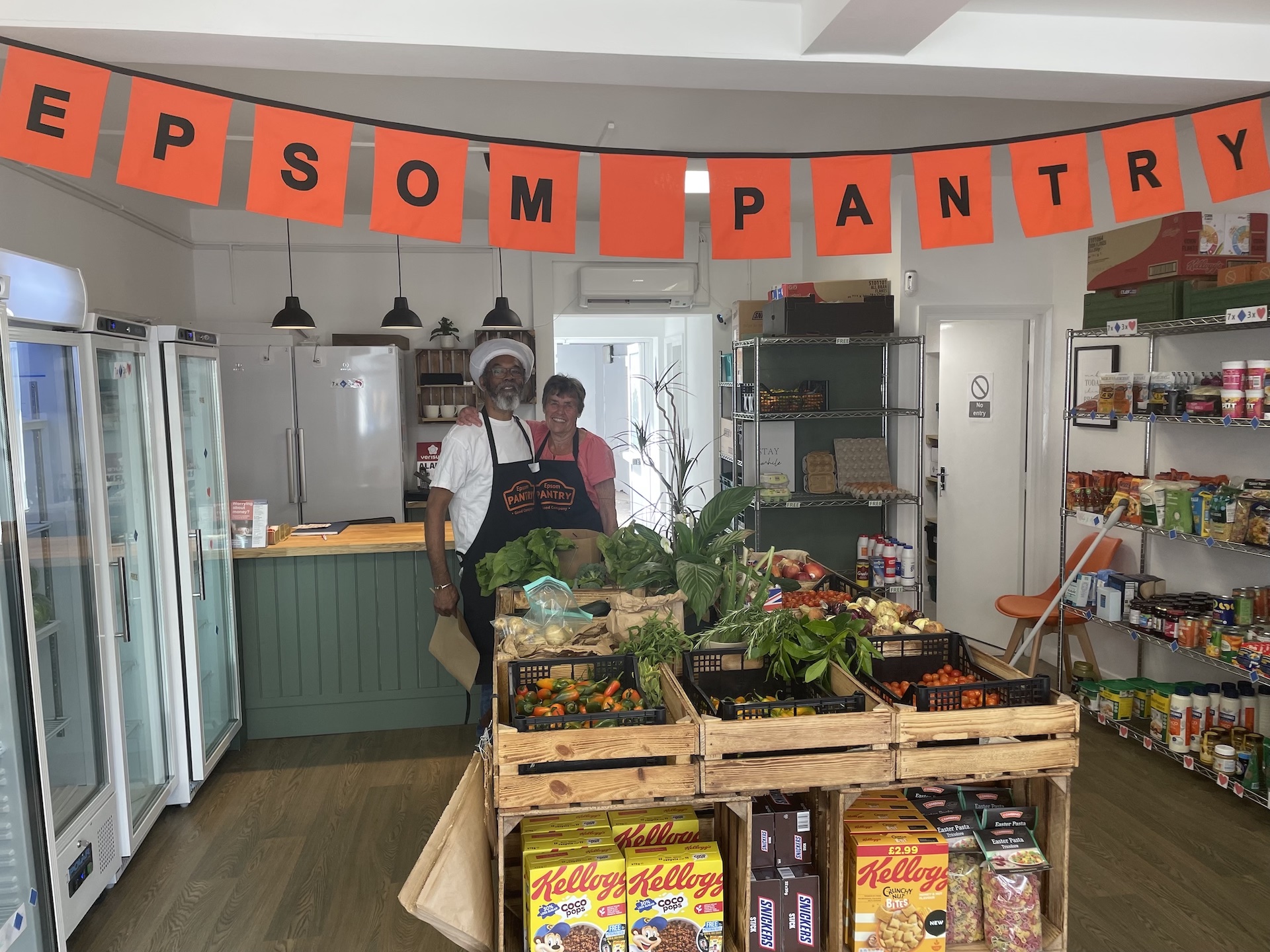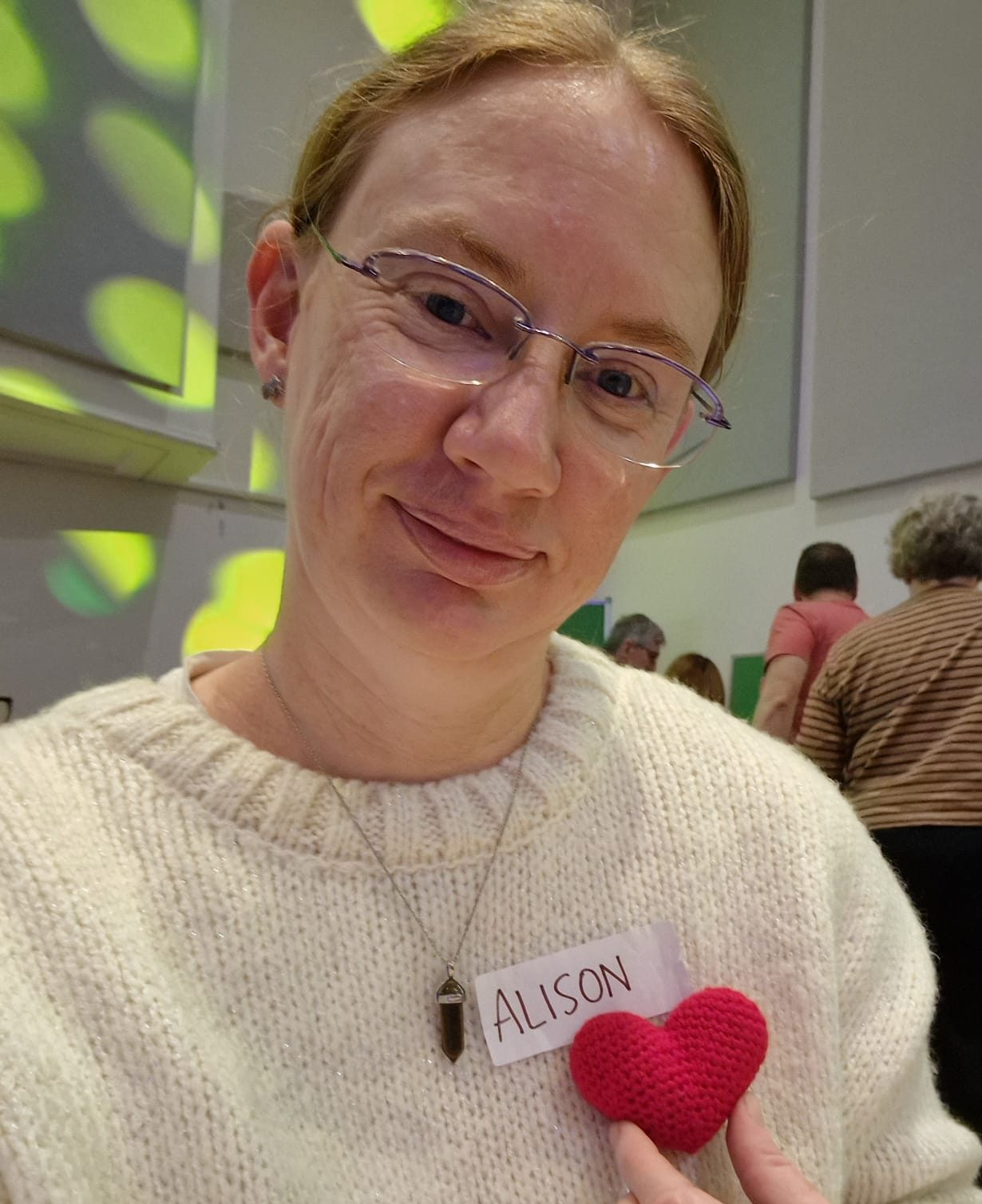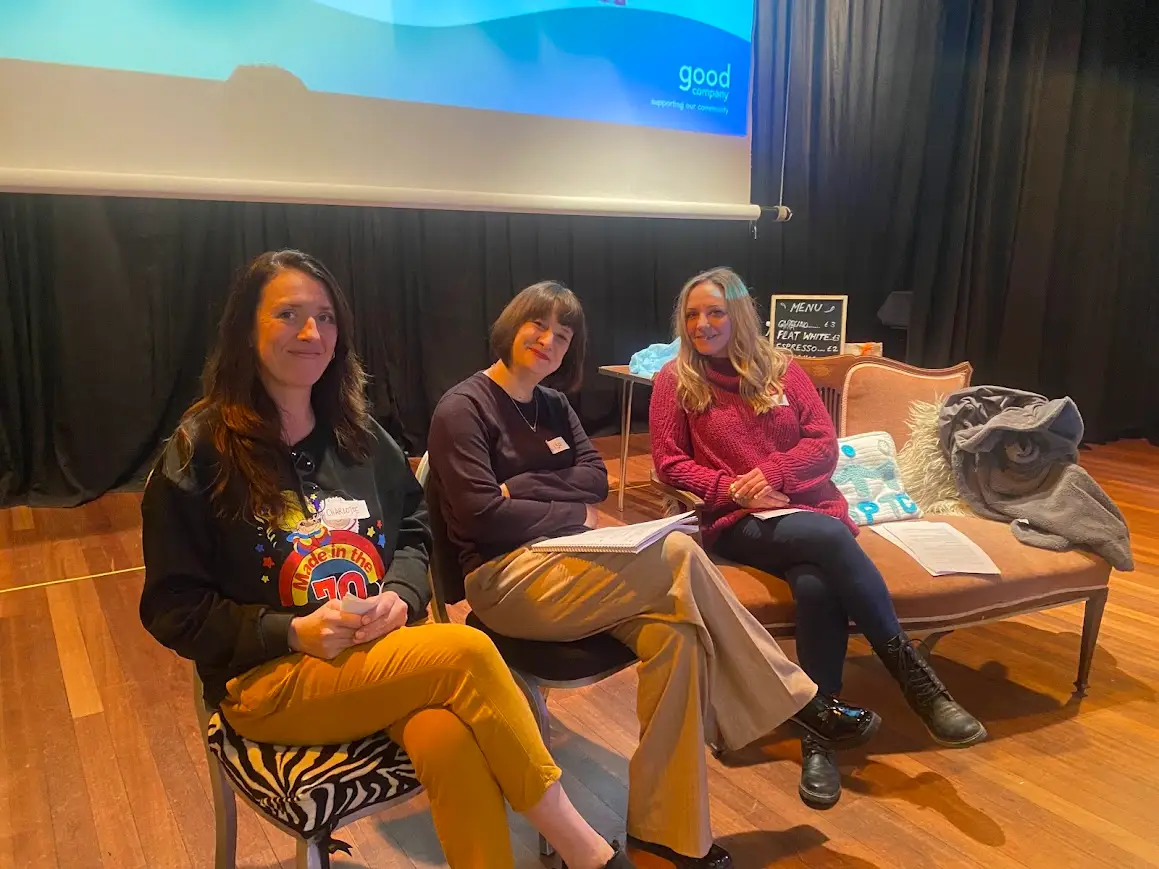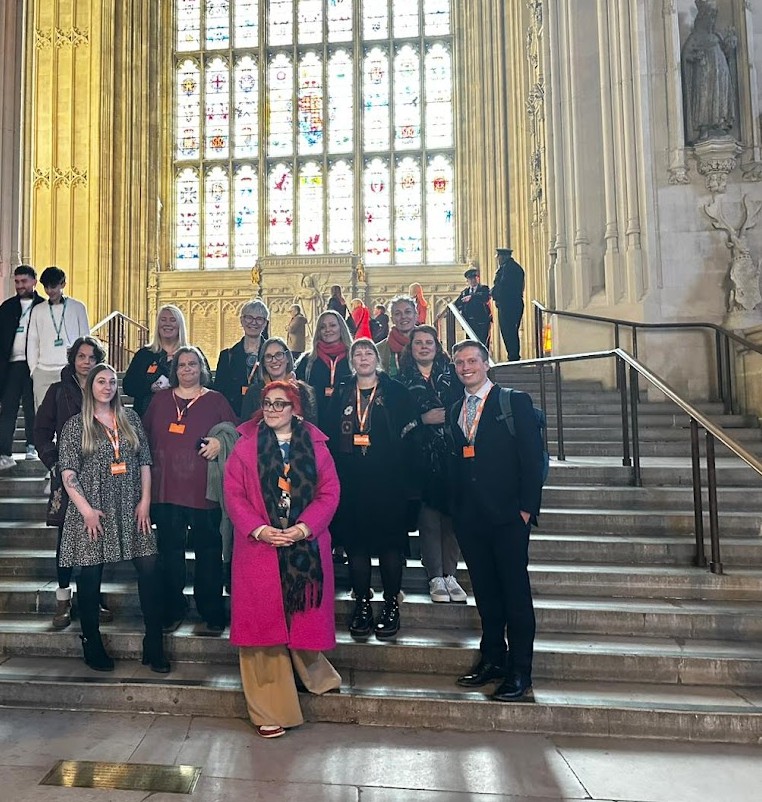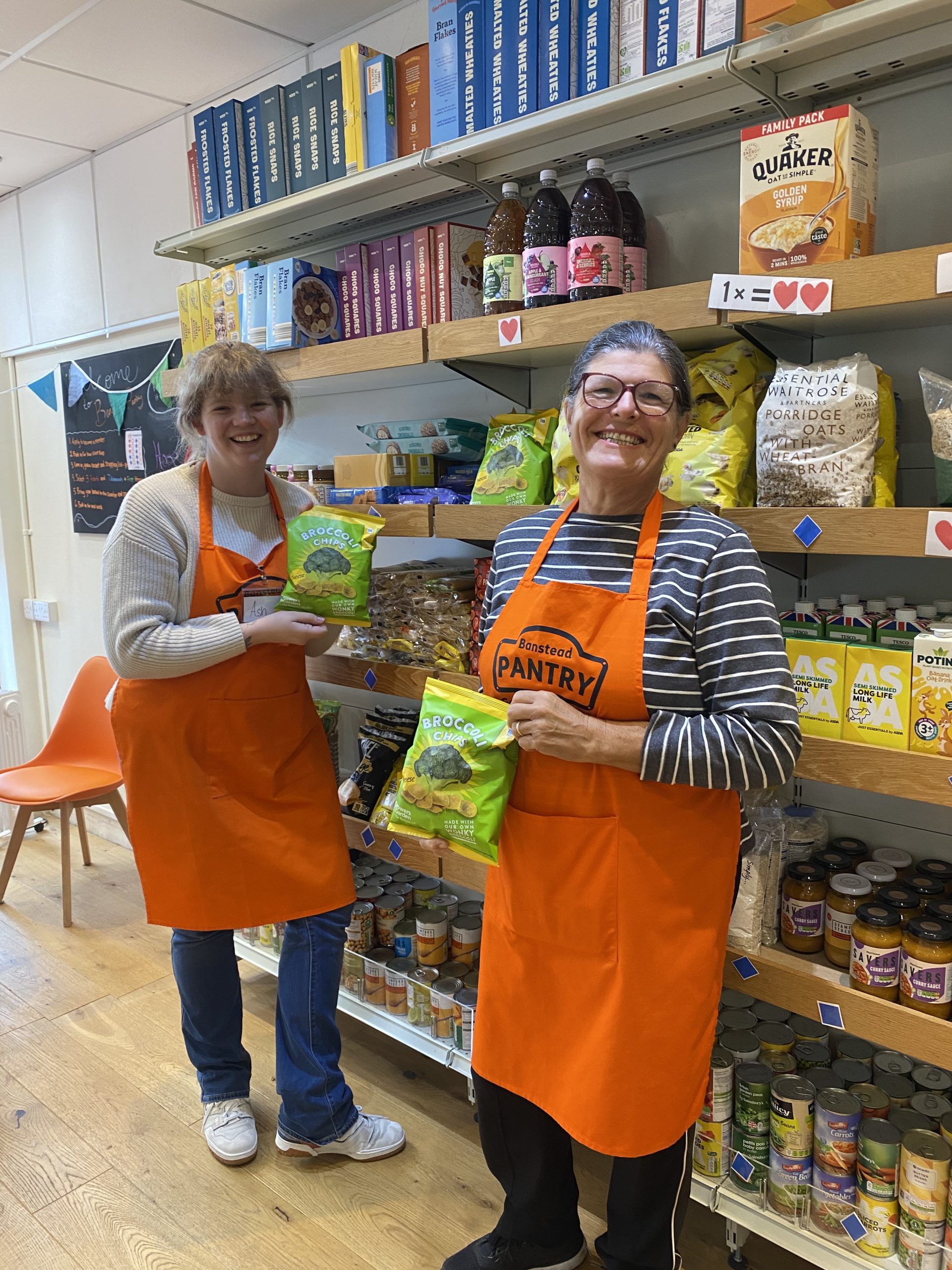There is heated debate between the candidates for the next Prime Minister about whether tax cuts or financial “handouts” are the best response to rapidly rising energy bills.
As a foodbank, we are seeing first-hand the impact of the cost-of-living crisis on families in Surrey, many of whom cannot afford to pay their bills and eat properly, even before the next hike in the energy cap is announced in a few weeks.
So far in 2022, we have provided emergency food assistance to around 5,000 people – nearly double pre-covid levels. This is a compassionate response to an urgent need, helping to reduce the number of people going hungry. In the past three months 89% of our clients say they have regularly skipped meals.
However, we are very aware that foodbanks are a sticking plaster and not a long-term solution to poverty. That is why our new strategy is aimed at supporting people so they no longer need the foodbank.
We have a team of support workers who help clients address their underlying needs, such as by accessing debt advice or mental health services.
We recently set up the Epsom Pantry, a low-cost community shop where members can pay £5 a week for food and toiletries worth up to £30, offering a more dignified and sustainable alternative to using the foodbank.
We also work with councils, housing associations, and other local agencies to seek changes to policies and practices that keep or push people into poverty. For example, we are working with local schools to reduce the financial pressure on low-income families by minimising the cost of school uniform and offering targeted support for those students in receipt of free school meals.
Most of our clients do not earn enough to pay tax, so they will not benefit at all from promised tax cuts, which disproportionately benefit wealthy households.
Equally, though, many of our clients need more than handouts – vital as these are in the current climate. To escape poverty, our clients need a hand up – advice, support, skills, as well as policy changes to reduce the extra costs (as well as the stress and stigma) experienced by those on the lowest incomes. Only then can we hope to end the need for foodbanks.
With the cost-of-living crisis now at the centre of the political debate, we hope the next Prime Minister will do more to truly understand and grapple with the challenge of tackling the rising tide of poverty.
Tom Sefton
Poverty Lead


